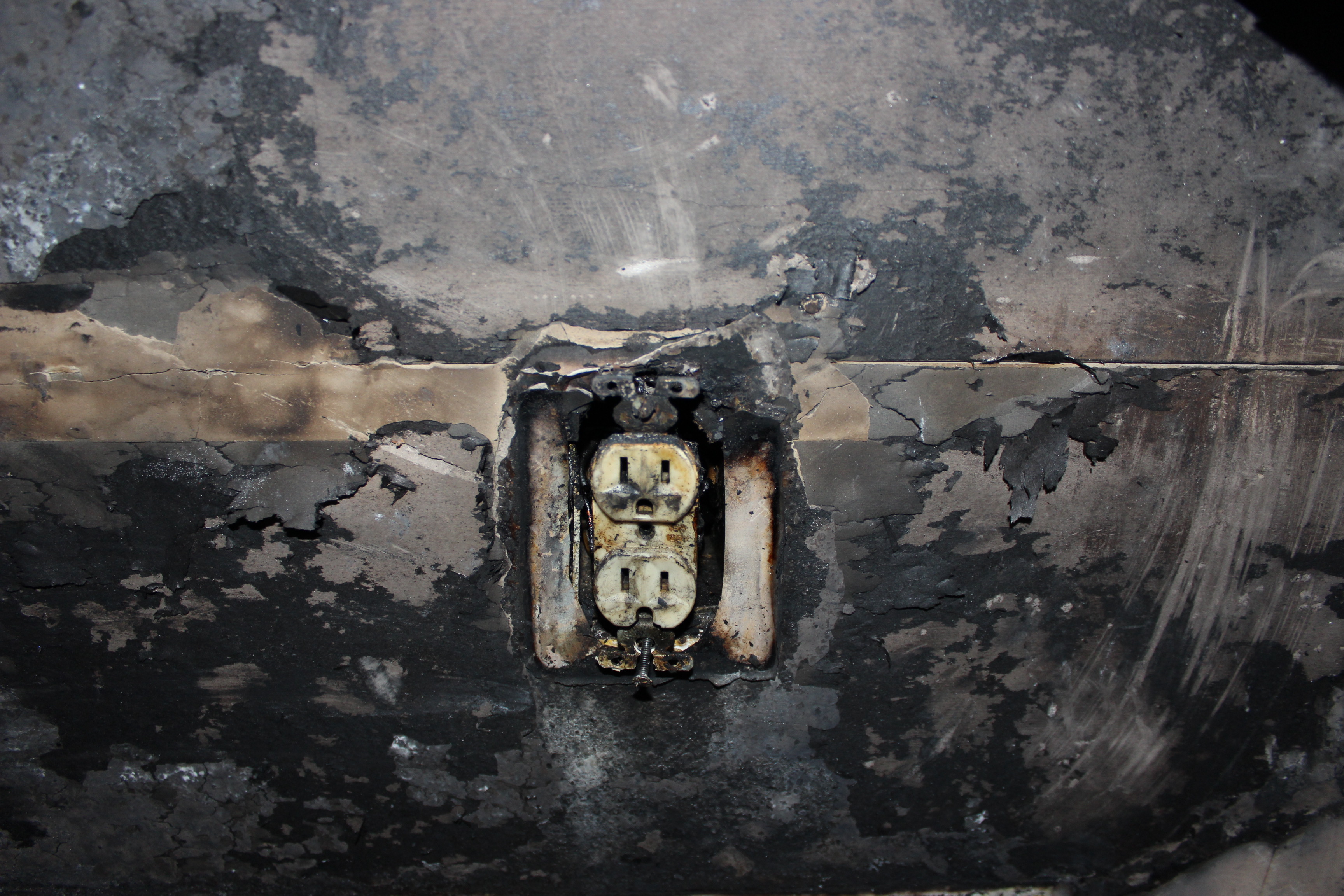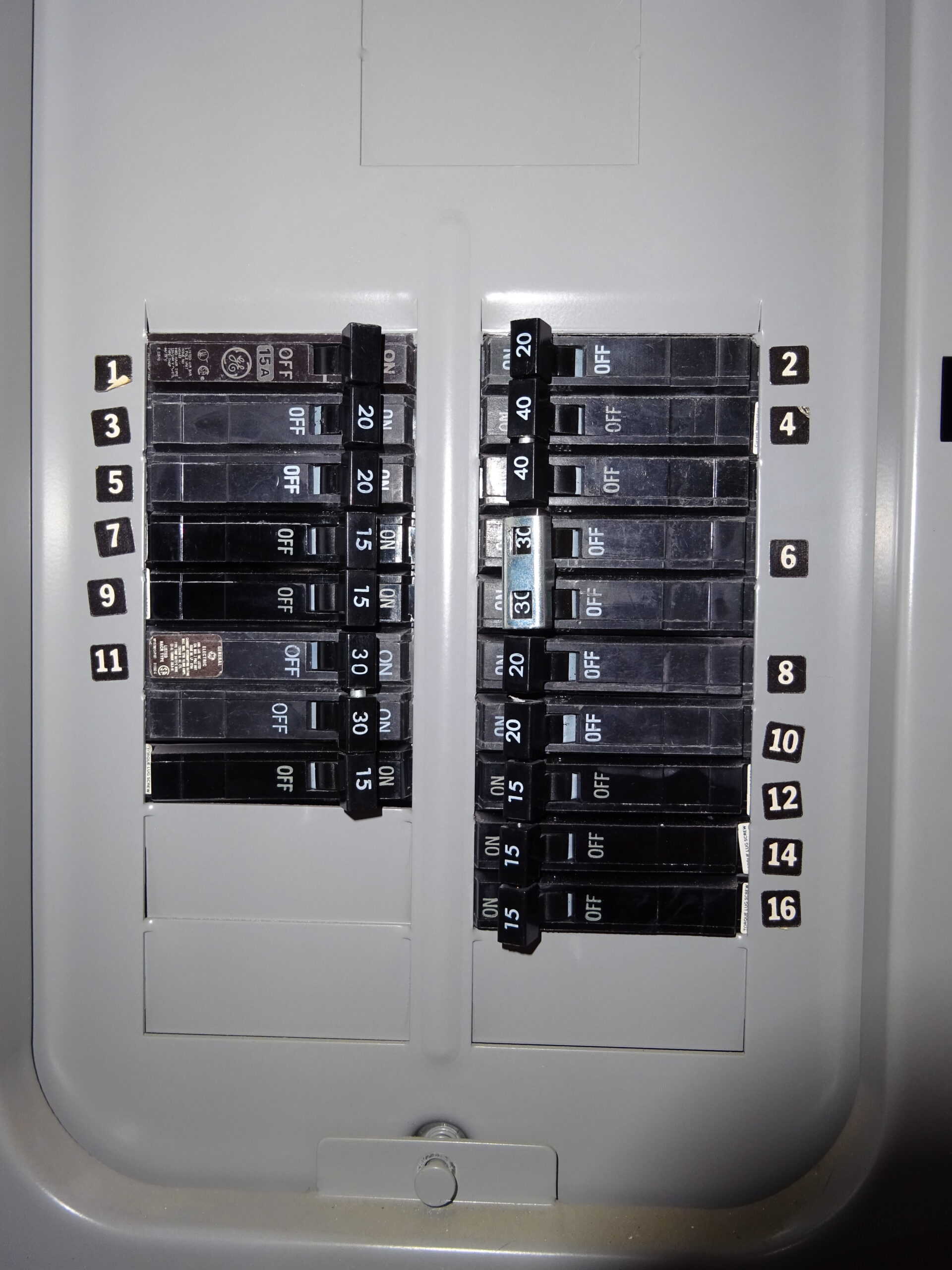In today’s fast-paced society we are all scrambling in the morning to start our day. For many of us, the regular routine is waking up, getting the kids ready for school, fighting the school traffic, and then hitting the road for the long commute to work. With all this domestic chaos – the last thing you want is something to stall your morning progress.
One of the most frustrating things that can happen when executing your routines is a sudden POP. Your blow dryer or steamer just shut off. Maybe the lights shut off as well. Many understand the relationship between cause and effect here, but most do not exactly understand what is happening electrically. Sure, you know that it tripped because you were using too much power – but why does that even happen?
Relevant Info on Electrical Systems
A common way that electrical wires are described is by imagining they are simply a water hose. The amount of water flowing through a certain point of the hose is equivalent to the amount of current in a wire. The height of the hose/water source above the ground (potential energy) is equivalent to its voltage. A circuit breaker can be thought of as a water valve which automatically shuts off if the water flow becomes too large.
Why do we need these automatic valves (i.e. circuit breakers) in our electrical systems? Because when current flows through a wire it creates heat. The more current which flows through a wire, the more heat that is generated. As a result, wires in your walls are sized for a certain assumed load (usually dictated by your local electric code) which is relatively small. Thus, wires are designed for a certain rating such as 15-amps of current and the design rating generally means that if more than the design current flows through the wire it can melt the wire insulation and cause a fire. To protect against this, we put a 15-amp circuit breaker in-line with the outlet. That way, if more than 15-amps ever starts to flow through the wire it will immediately trip the breaker and cut power before any damage can happen to the wires and outlets in your wall.
Why are Small Appliances Tripping the Breaker?
Below you will find a few of the most common reasons why your blow dryer or other small appliance is tripping your home’s breaker.
- Overloaded Circuit: Do you have a large number of heavy-powered appliances plugged into a single circuit? Without a doubt, circuit overload is the most common reason for a breaker trip. Appliances such as a television, refrigerator, air conditioner or hair dryer all pull 15 to 20 amps of electricity. If they are running at the same time and on the same circuit then you can double that figure. Generally any device you use which creates heat is a big user of current. To solve the problem, you should plug your blow dryer or small appliance into another circuit to prevent overload.
- Short Circuit: If one wire touches another wire within your outlets then a short circuit can occur. Sometimes improper wiring or a loose wire causes this to happen. When the wires end up accidentally touching then an overload occurs, and the circuit breaker trips as a protective mechanism against the created heat. A short circuit is an occurrence which can be very dangerous. You should always check your plugs and outlets to make sure there is no burning smell or black discoloration which indicates a short circuit.
- Ground Fault: A ground fault is also a form of a short circuit. It happens when two wires touch the ground or the side of the outlet box which is metal. You should always check your outlet and wires to make sure that no ground is occurring.
Bad Signs: Urgent Warning
If you are using multiple appliances and have your breaker trip it is generally safe to just cycle the breaker and try again. You should definitely reduce the load and try to only use one device at a time, especially if it keeps happening. If you have a breaker trip for seemingly no reason and you reset it only to find that it keeps tripping – exercise extreme caution! There is a good chance that somewhere in the circuit is a short circuit and potential major fire hazard. We recommend having an electrician come out immediately to find the cause of the issue.
Forensic Engineering Specialists
Engineering Specialists Inc. has nearly 30 years of field experience in analyzing the damage to vehicles, residential, commercial, and industrial buildings. We can work on any project in any state, nationwide. When you or your business needs to confirm the extent of damage or how to correct a problem, email us at office@esinationwide.com or call us, toll-free, at (877) 559-4010.




